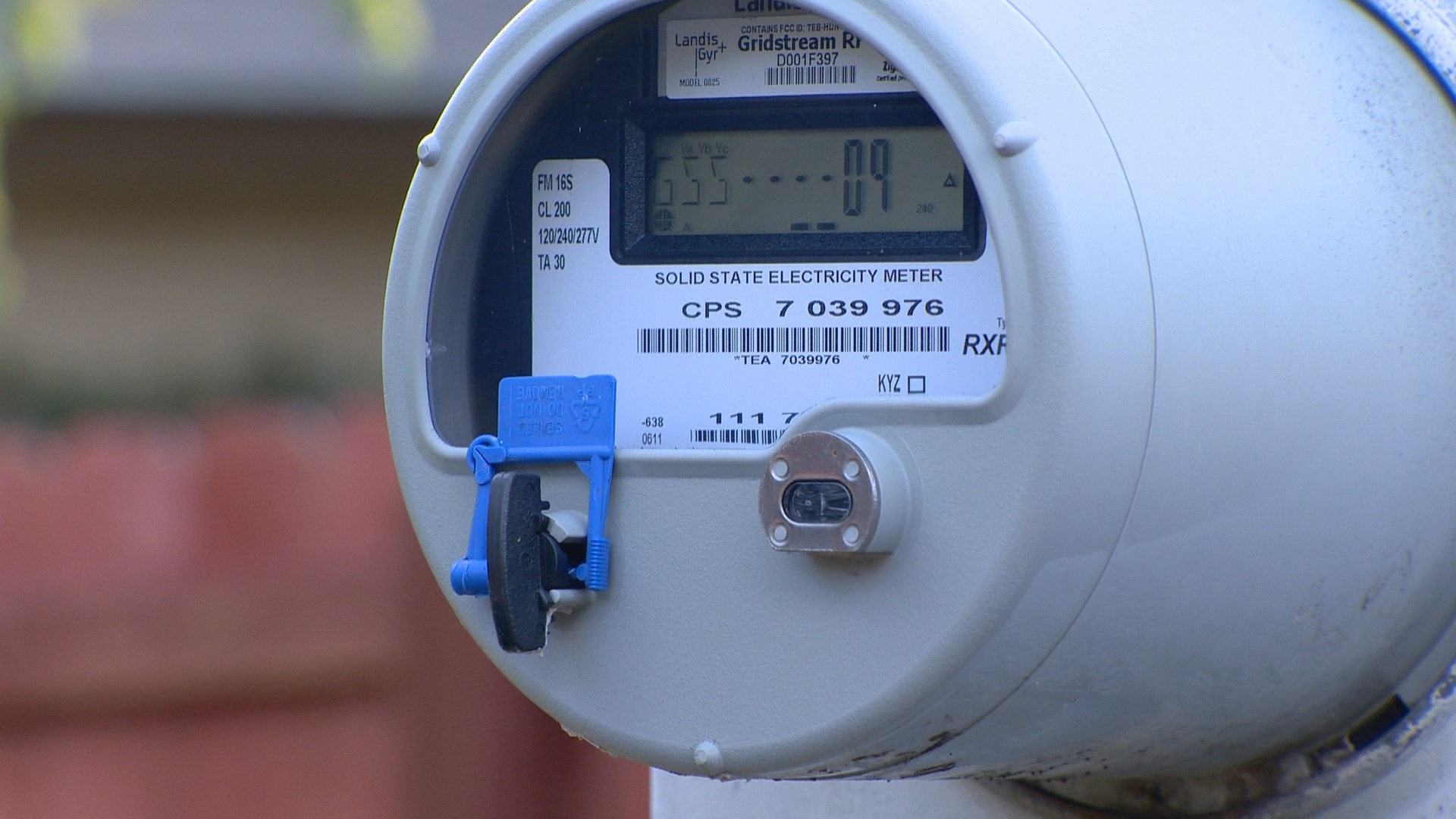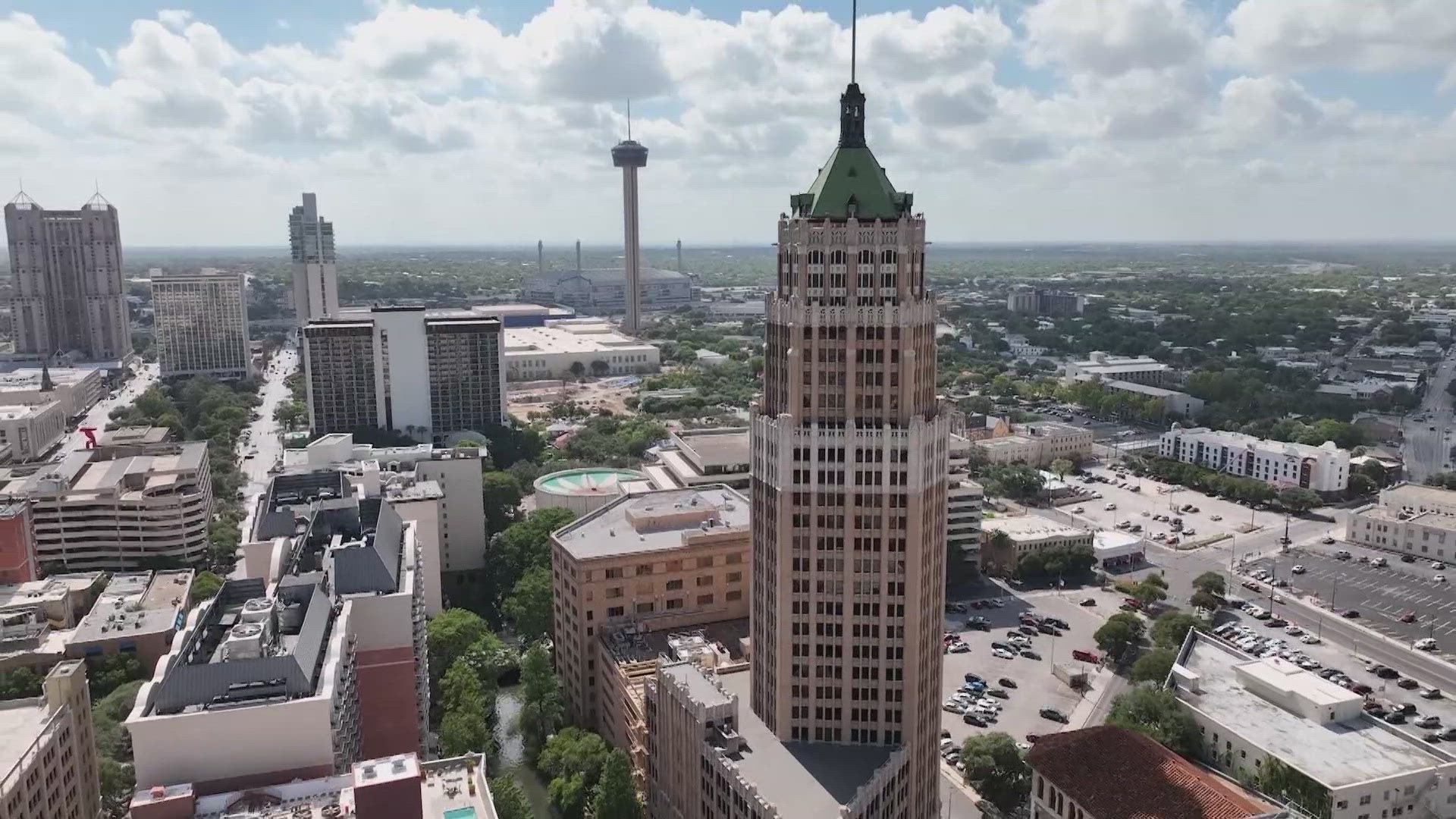SAN ANTONIO -- A group of "smart" meter opponents are questioning the health risks, after doing their own testing on CPS Energy's new meters.
And those impromptu experiments found spikes in the radiation output.
With the I-Team watching, within five minutes the rad-meter had recorded at least 6-bursts of radiation on a unit in a Terrell Hills neighborhood.
So, the I-Team took the readings to the power company, for their "take" on the emissions.
CPS Energy said the fluctuations in the meter could be...well, a lot of things.
"It could be wifi. It could be someone walking by with a cell phone, it could be internal antenna, anything inside the home place of business," said John Moreno, CPS Energy Spokesman.
CPS said the voltage fluctuations-- and even other meters nearby that aren't working properly-- can trigger a meter to send information to CPS outside its normal parameters.
Unlike gamma rays and x-rays, which are ionized emissions harmful to humans, the stuff emitted from the new meters is non-ionized.
Similar to the radio and television emissions all around us already.
"A cell phone, a walkie-talkie, a baby monitor. Those are things that would be on a comparable level to what a smart meter is producing. Actually a smart meter will produce less radio frequency than those devices I just mentioned," Moreno said.
The I-Team checked with Metro-Health Department's Environmental Safety Division, too.
Dr. Vincent Nathan said the radiation from the meters is weak, and "it's very unlikely it will penetrate the walls of structures. There's no data to support long-term effects."
And that's the research opponents want: data before deployment in their neighborhoods.
"It's not incumbent upon to prove that these meters or the radiation from these meters can cause adverse health effects," Dagne Florine, CPS customer said. "It's incumbent upon the utility and the manufacturer to show that they don't cause adverse health effects."


![635519273319099625-SmartMeters [ID=19238649]](http://www.gannett-cdn.com/-mm-/33d97f8a03d5ea06baca0f7a30eca34c8bd87643/r=500x281/local/-/media/KENS/KENS/2014/11/18/635519273319099625-SmartMeters.JPG)
